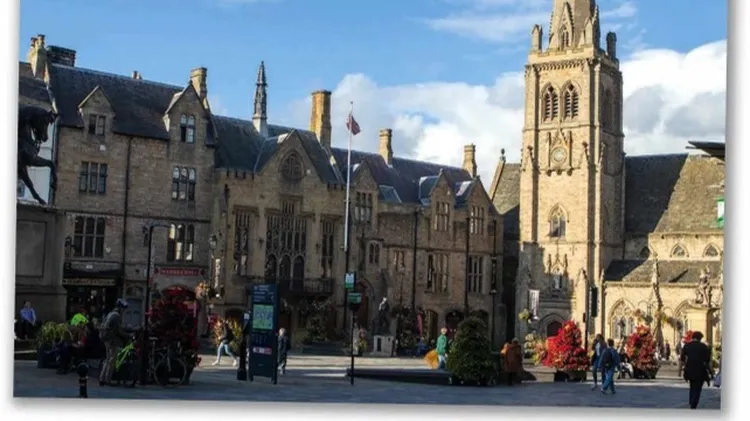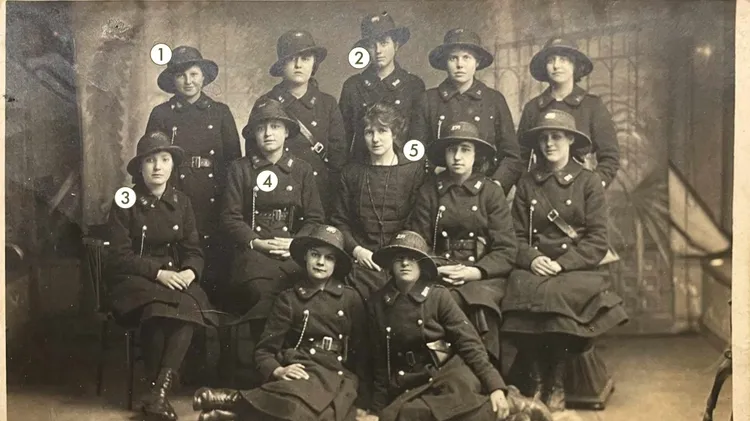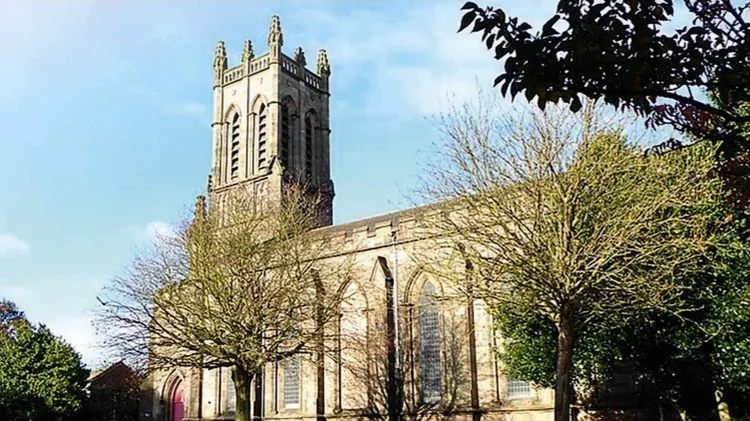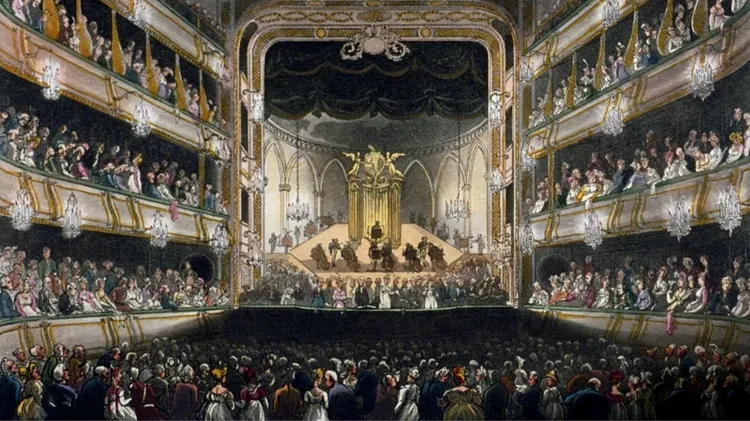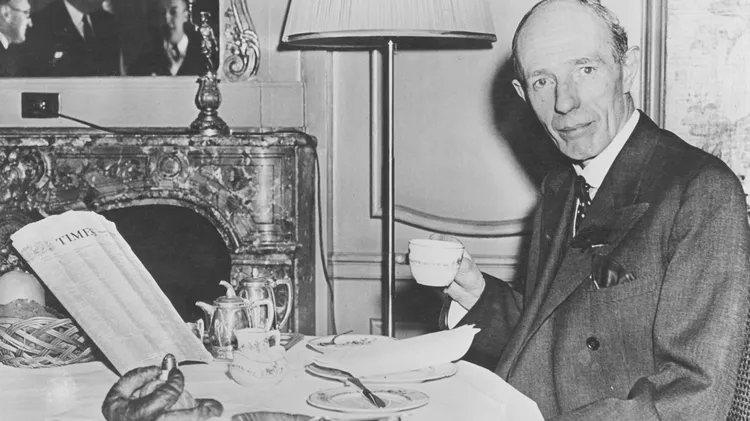Chloe O’Shea describes the main ways that family names can change, and how
Shifting surnames
7 min read
This article is from...
Read this article and 8000+ more magazines and newspapers on Readly

